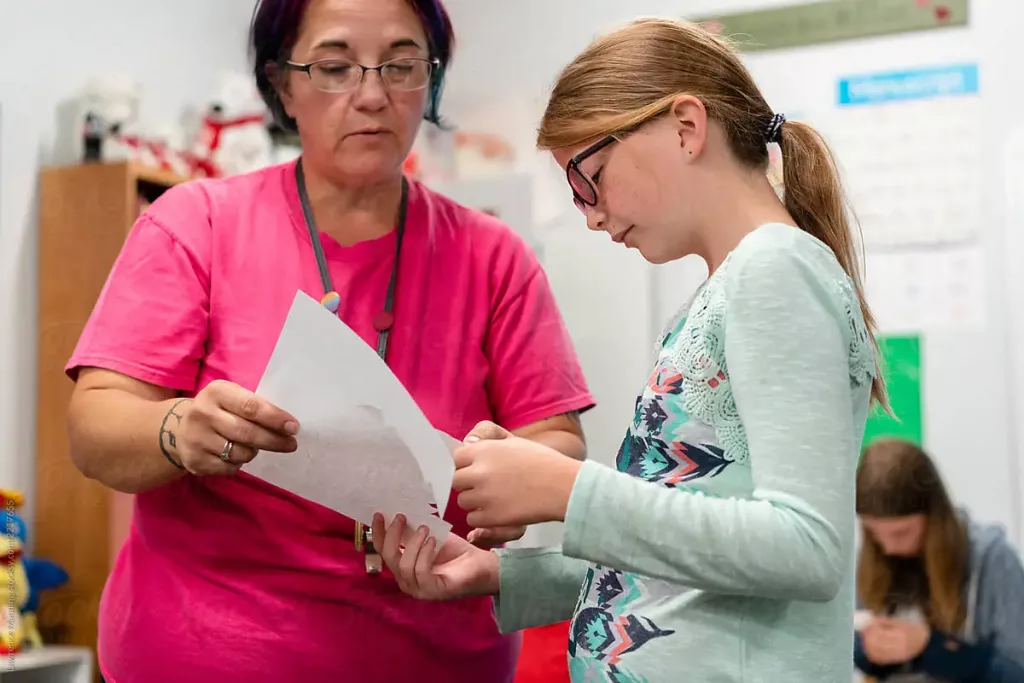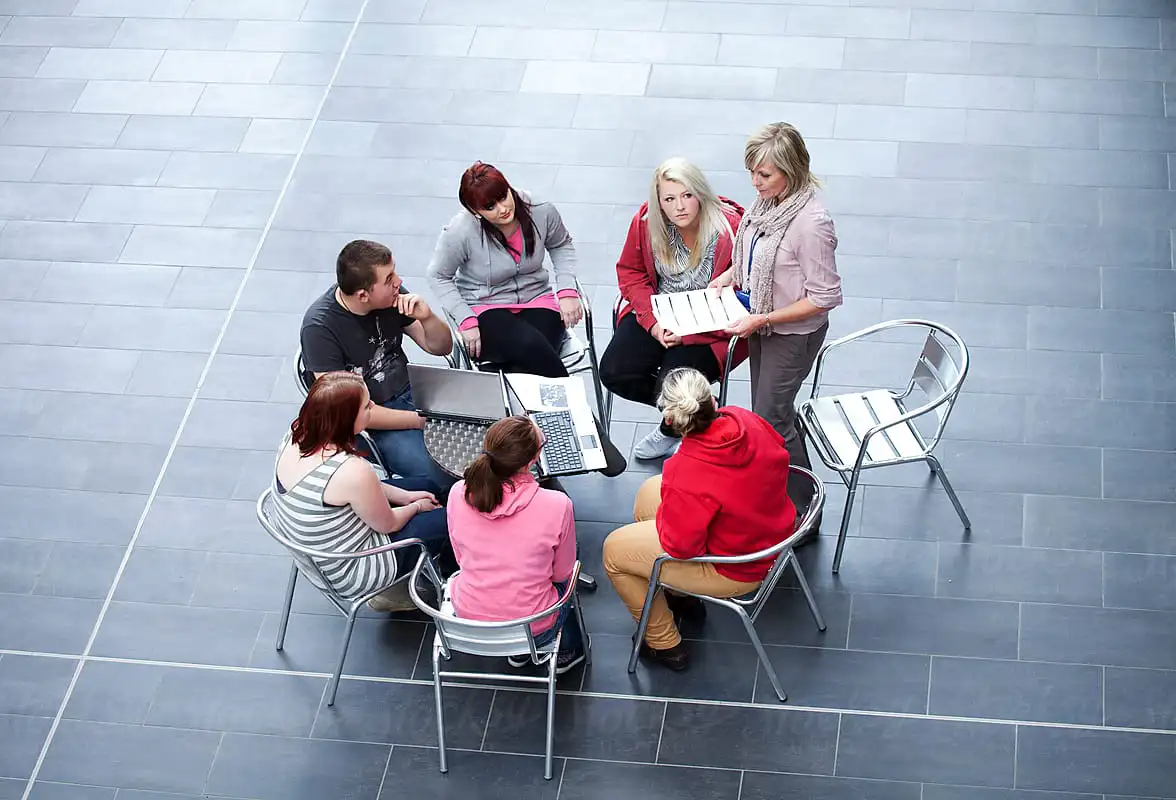SEND
Special Educational Needs and DisabilitiesWe offer all pupils a broad and balanced curriculum. Alongside a range of assessments, bespoke interventions and personal development pathways, careful planning of lessons can address potential areas of difficulty for SEN pupils.
Removing the barriers to pupil achievement will mean that, in many cases, pupils with SEN and disabilities will be able
to study our full curriculum.

Personal development pathways

Assess

Plan

Do

Review
Goal: to develop well-rounded and happy YP who are equipped to navigate the adult world.
Following our assess, plan, do, review protocol
SEND Code of Practice
We are guided by the 0–25 SEND Code of Practice, which describes the principles that should be observed by all professionals working with children and young people who have SEN or disabilities.
These include:
- Taking into account the views of children, young people and their families
- Enabling children, young people and their parents to participate in decision-making
- Collaborating with partners in education, health and social care to provide support
- Identifying the needs of children and young people
- Making high quality provision to meet the needs of children and young people
- Focusing on inclusive practices and removing barriers to learning
- Helping children and young people to prepare for adulthood

The SENCO’s Role at Raise Education and Wellbeing School
To ensure needs are being met across our whole school and sixth form college provision, our team includes two SENCOs.
Although the identification of and the provision for pupils with SEND is a team responsibility, the role of the Special Educational Needs Coordinators (SENCOs) are key. They have strategic responsibility for what happens in school regarding SEND provision.

As outlined in The SEND Code of Practice the SENCOs are responsible for:
- Overseeing the day-to-day operation of the school’s SEND policy.
- Co-ordinating provision for children with SEND.
- Liaising with Safeguarding officer and the Designated Teacher for looked after pupils with SEND.
- Co-ordinating and advising on the deployment of resources and interventions.
- Liaising with parents and carers of pupils with SEND.
- Liaising with Local Authorities, being a key point of contact with other schools, educational psychologists, health and social care professionals, and a wide range of statutory and non-statutory agencies, providers and support services.
- Liaising with potential next providers of education, training and work experience to ensure a pupils and their parents are informed about options and a smooth transition is planned.
- Working with the Head teacher, Senior Leadership Team, staff and school governors to ensure that the school meets its responsibilities under the Equality Act (2010) with regard to reasonable adjustments and access arrangements.
- Ensuring that the school keeps the records of all pupils with SEN up to date.
- Ensuring Trauma informed therapeutic approaches are integral to ALL support provided for ALL students.
- The SENCOs are there to advise on the use of the graduated approach and Waves of Intervention. This means that they can advise on the use of appropriate assessments and the interpretation of the results. Following this, they can offer support regarding the identification of the most appropriate and effective strategies to support pupils. Where a pupil has a specific identification of a special need e.g. Autistic Spectrum Condition, ADHD, ADD, Dyslexia, Speech and Language, Occupational Therapy and so on, they will have information about the possible implications for classroom practice as well as general strategies that should be used.
- As part of their strategic role, having an overview of the needs of pupils with SEND in the school, they will also seek to identify the professional development and training needs of staff in relation to meeting these needs so that teachers are able support pupils effectively. The SENCO may organise formal training and even deliver it themselves, but they are also able to offer informal advice regarding assessment and identification of needs, implementation of support strategies and interventions, teaching strategies and even ways to approach conversations with parents.
ASSESS
Child observation, identify and analyse strengths and areas for development with key staff, parents / carers and outside agencies (with paterntal permission).
PLAN
With the help of parents / carers, key staff and specialists, formulate outcome-focused support plan. Identify interventions and expected impact(s). Set clear review date
DO
In full cooperation with teachers, support workers and specialists, SENCO will implement the support plan. Continue with observations and monitor how child responds to support.
REVIEW
How effective has the support been? Check against observations, plans and set outcomes. Speak to all involved at earlier stages before restarting the cycle.
